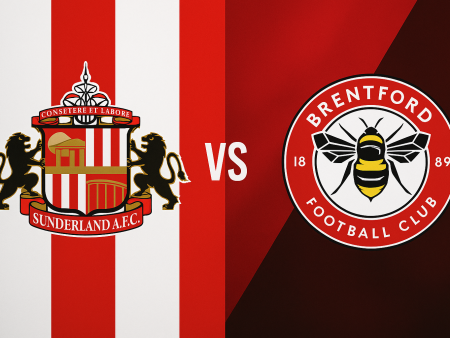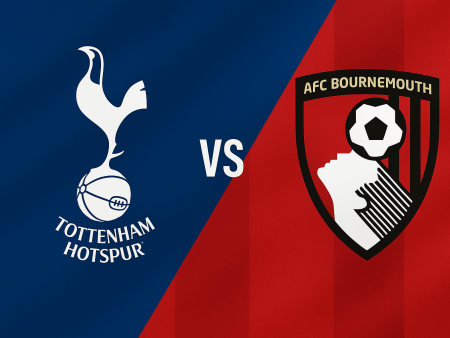Manchester City’s Struggles: Unpacking the Recent Downturn
The defending Premier League champions, Manchester City, have stumbled into unfamiliar territory under Pep Guardiola, losing three of their last four matches. This challenging run began with a defeat to Chelsea and was followed by surprising losses to Crystal Palace and Leicester City-both teams positioned mid-table. Meanwhile, their main competitors, Liverpool and Tottenham Hotspur, have seized the momentum, notching up four straight wins each. Liverpool tallied 13 goals during these matches, with Tottenham going one better by finding the net 14 times.
The Impact of Fernandinho’s Absence on Manchester City
Among various reasons for City’s struggles, such as inconsistent performances from Gabriel Jesus or Riyad Mahrez and injuries to defenders like Vincent Kompany and Benjamin Mendy, one absence stands out above the rest: Fernandinho. The Brazilian midfielder’s unavailability has exposed critical vulnerabilities in both City’s defense and attack.
Fernandinho’s Pivotal Role in Guardiola’s System
Fernandinho is central to Manchester City’s tactical setup. He anchors the midfield, taking on a dual defensive role and providing crucial cover, allowing creative players like David Silva and Kevin De Bruyne the freedom to focus on building and finishing attacks. His ability to break up opposition play relieves pressure from the centre-backs-an especially vital contribution when leaders like Kompany are sidelined.
During the current season, Fernandinho's influence is reflected in his consistent passing average of 75 per game, making him the launchpad for many of City’s forward moves. Defensively, he has recorded 42 aerial duels won, 36 tackles, and 26 interceptions in just 17 matches. His offensive contributions are notable too, with one goal and three assists. These statistics demonstrate his effectiveness on both sides of the pitch.
Manchester City Without Fernandinho: Exposed Weaknesses
Despite being 33 years old, Fernandinho has proven essential to City’s structure and rhythm. In his absence, City have struggled to maintain defensive organization, resulting in a series of goals conceded through the heart of midfield. Unlike when attacking talents such as Aguero, De Bruyne, or Silva are missing-where City typically adapt and cope-the loss of Fernandinho has left a hole that Guardiola’s side has yet to fill.
Players who thrive alongside him, including De Bruyne and Silva, have appeared less effective, further emphasizing the Brazilian’s importance. His composure and intelligent positioning bring balance and stability, attributes that have noticeably disappeared during this recent poor run of form. The back-to-back league defeats to lower-ranked opponents highlight just how much City rely on their midfield anchor.
Conclusion: Fernandinho-The Unsung Engine Behind City’s Success
Fernandinho’s influence often goes underappreciated, yet his absence has coincided directly with Manchester City’s most challenging period under Guardiola. More than any other player, he ensures fluid transitions from defense to attack and shields the backline from danger. If Manchester City are to regain their consistency and challenge for the Premier League title, restoring Fernandinho to the lineup-or finding a capable substitute-will be essential. His understated role might rarely steal the headlines, but for Manchester City, Fernandinho remains their most indispensable player.












